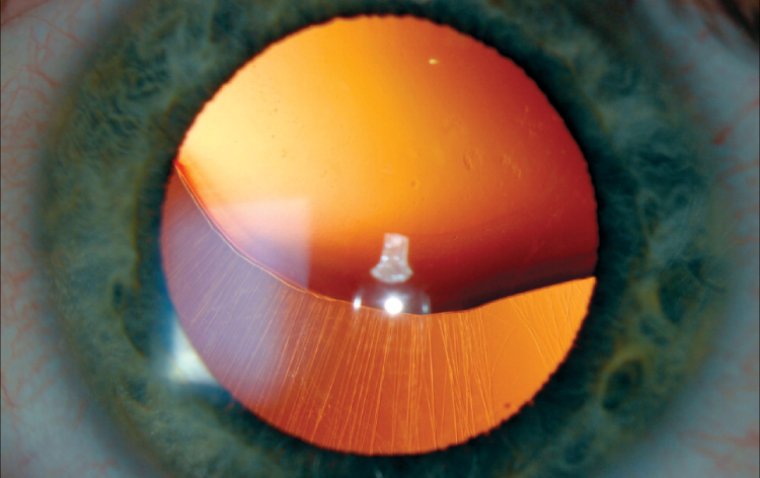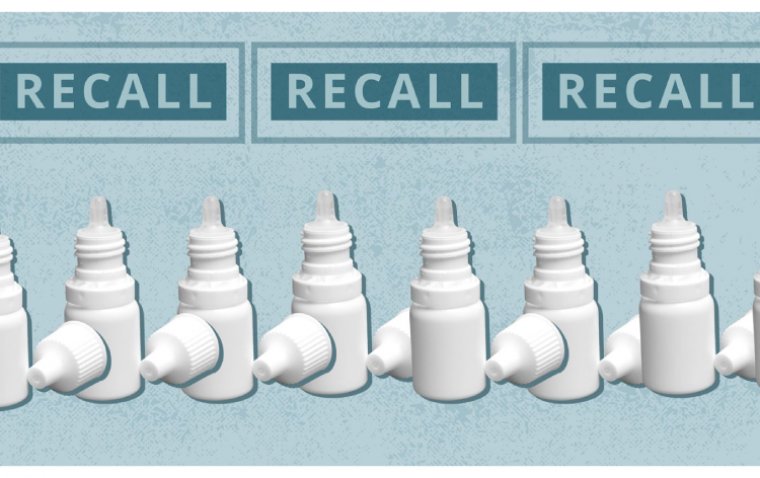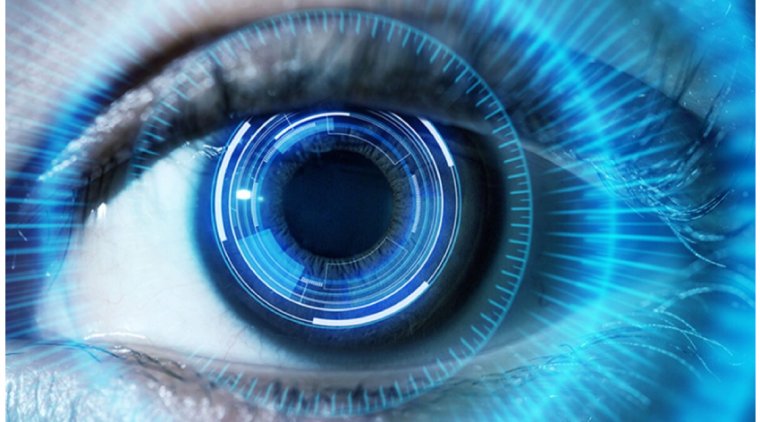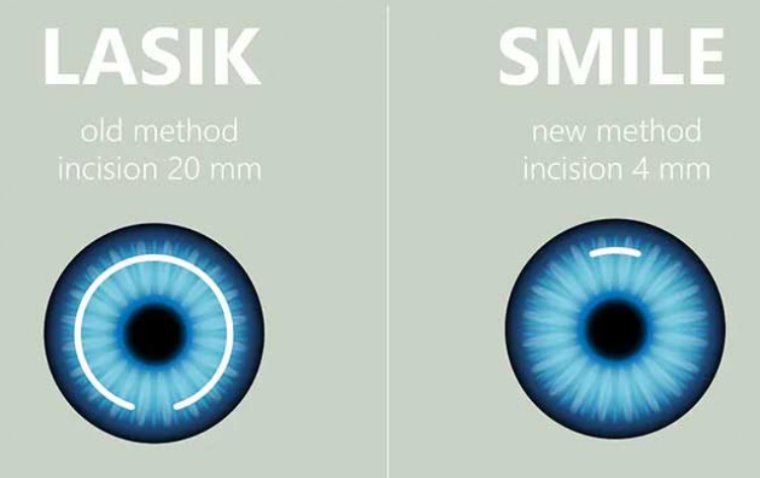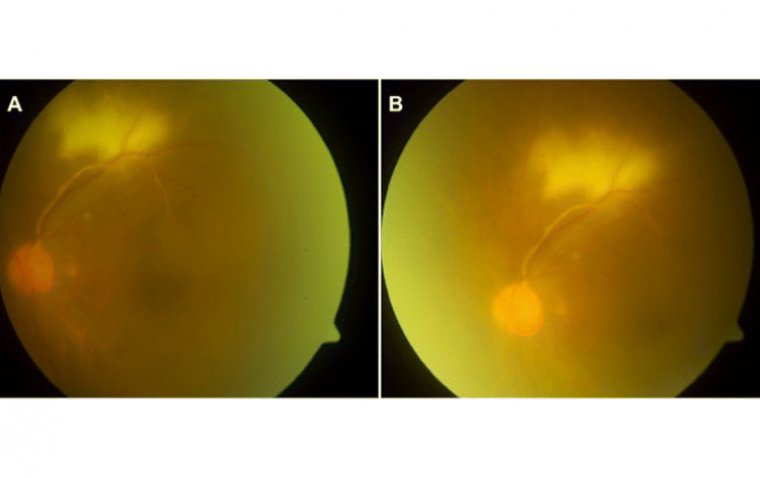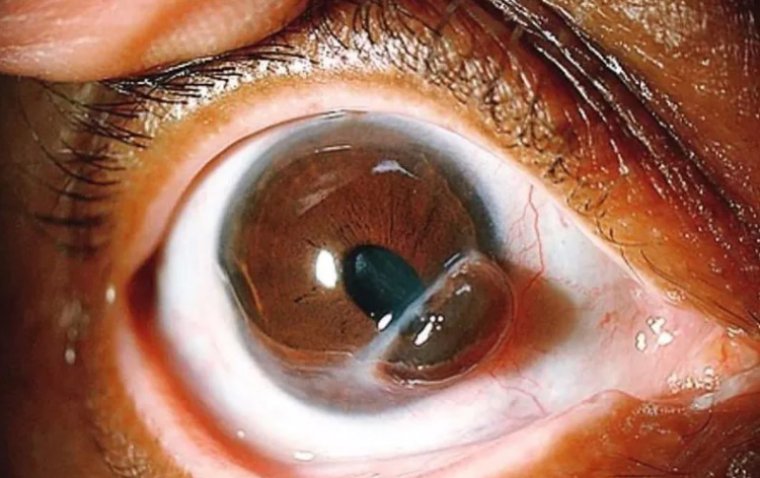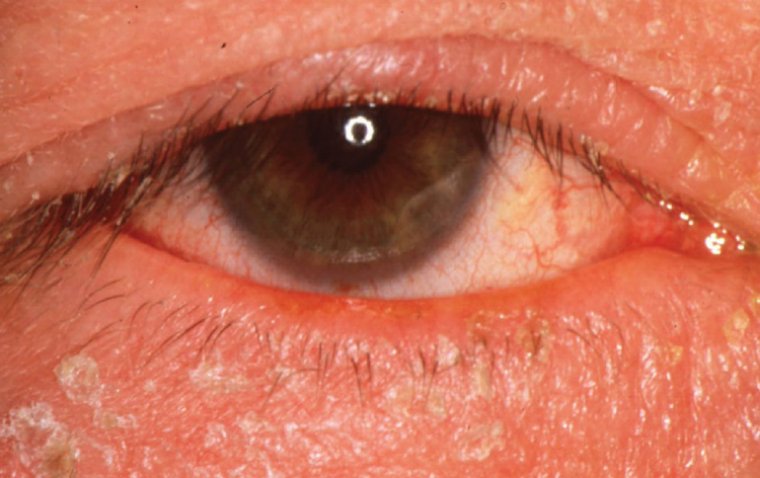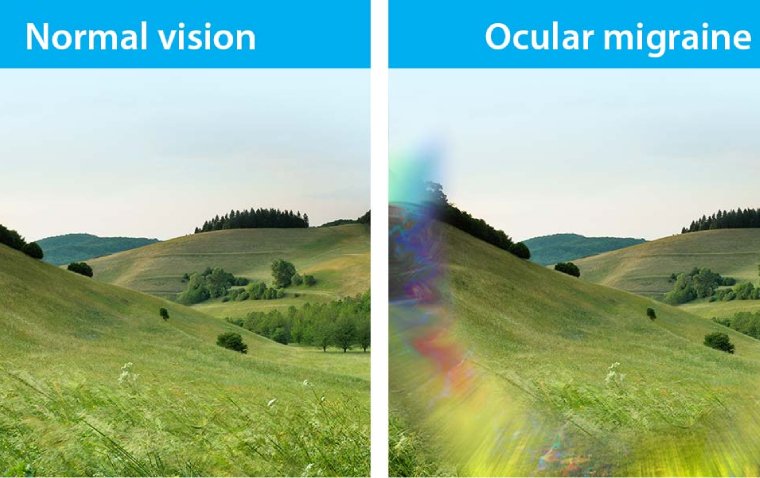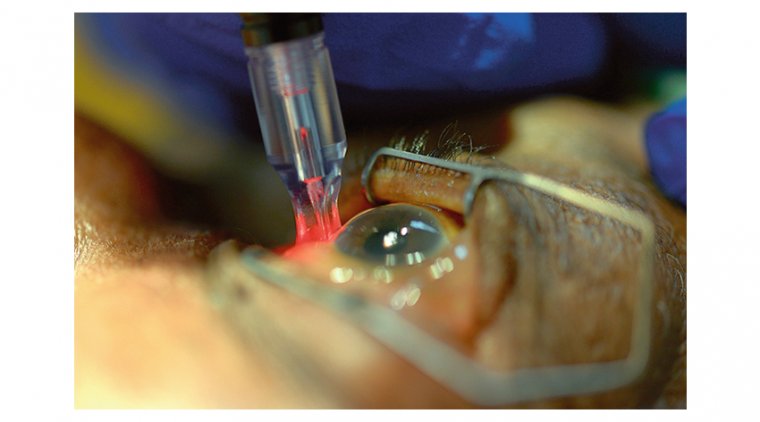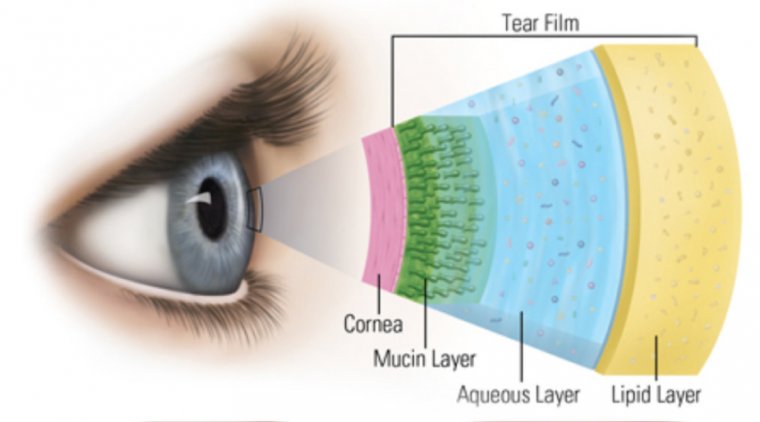
Meibomian Gland Dysfunction: More Than Just Dry Eyes
Meibomian gland dysfunction (MGD) is a common eye disorder that affects the meibomian glands, which are located in the eyelids and produce the oily layer of the tear film. The disorder is characterized by the blockage or dysfunction of these glands, leading to a reduction in the quality and quantity of the oily layer. This can result in dry eyes, discomfort, and other symptoms.
Causes of Meibomian Gland Dysfunction
There are several factors that can contribute to the development of MGD, including:
● Age: MGD is more common in individuals over the age of 50.
● Gender: MGD is more common in women than in men.
● Hormonal changes: Hormonal changes, such as those that occur during menopause, can increase the risk of MGD.
● Medical conditions: Certain medical conditions, such as rosacea, diabetes, and blepharitis, can increase the risk of MGD.
● Medications: Certain medications, such as antihistamines and antidepressants, can cause dry eyes and increase the risk of MGD.
● Lifestyle factors: Prolonged use of digital devices, exposure to air conditioning and dry climates, and a diet lacking in omega-3 fatty acids can increase the risk of MGD.
.jpg)
Common Symptoms of Meibomian Gland Dysfunction
The symptoms of MGD can vary from person to person. Here is a list of common symptoms:
Dry eyes: This is the most common symptom of MGD and can cause discomfort, itching, and burning
Red eyes: The eyes may appear red and swollen due to inflammation
Discharge: The eyes may produce a thick, yellow discharge
Light sensitivity: The eyes may become more sensitive to light
Blurred vision: The vision may become blurry due to dryness and inflammation
The Link Between Dry Eye and MGD
Meibomian gland dysfunction (MGD) and dry eye are closely linked, as the meibomian glands play a crucial role in the production of the oily layer of the tear film. The oily layer helps to prevent evaporation of the tears and keeps the eyes lubricated. When the meibomian glands become blocked or dysfunctional, they produce less oil or produce oil that is of poor quality. This can lead to a reduction in the quality and quantity of the tear film, which can result in dry eyes.
Dry eye symptoms such as burning, itching, redness, and blurred vision can be caused by MGD. The dryness can cause inflammation of the eyelids and cornea, and can lead to further dysfunction of the meibomian glands, perpetuating the cycle.
MGD is one of the most common causes of dry eye, and it's estimated that up to 86% of dry eye cases are caused by MGD. Therefore, it's crucial to diagnose and treat MGD in order to alleviate dry eye symptoms and improve the overall health of the eyes.
Treatment of Meibomian Gland Dysfunction
Treatment for MGD is focused on relieving symptoms and improving the quality of the tear film. Treatment options may include:
Warm compresses: Applying a warm compress to the eyelids can help to soften and express the blocked meibomian glands
Lid hygiene: Regularly cleaning the eyelids with a mild cleanser can help to remove oil and debris that may be blocking the glands
Artificial tears: Using over-the-counter artificial tears can help to lubricate the eyes and relieve dryness
Oral omega-3 supplements: Taking oral omega-3 supplements can help to improve the quality of the tear film
Medicated eye drops: Medicated eye drops, such as those containing anti-inflammatory agents, can be used to reduce inflammation and improve the quality of the tear film
In severe cases, laser therapy, intense pulsed light therapy or meibomian gland probing can be done to unblock the glands
How to Maintain Healthy Healthy Meibomian Glands
Maintaining healthy meibomian glands is crucial in preventing MGD and dry eye symptoms. In addition to warm compresses and lid hygiene mentioned above, there are several other steps that can be taken to promote healthy meibomian gland function:
Diet: Incorporating foods rich in omega-3 fatty acids, such as fatty fish, nuts, and seeds, can help to improve the quality of the tear film.
Blink: Make sure to blink frequently when working on the computer or other digital devices, as this can help to distribute the oils from the meibomian glands and keep your eyes lubricated.
Avoid rubbing eyes: Rubbing eyes can cause inflammation and damage to the meibomian glands.
Stay Hydrated: Drinking enough water can help to keep your eyes hydrated and prevent dryness.
Avoid triggers: Avoid things that can trigger MGD like air conditioning, dry air, smoke, and pollution.
Conclusion
In conclusion, Meibomian gland dysfunction (MGD) is a common eye disorder that affects the meibomian glands, which are located in the eyelids and produce the oily layer of the tear film. The disorder is characterized by the blockage or dysfunction of these glands, leading to a reduction in the quality and quantity of the oily layer. Symptoms include dry eyes, redness, discharge, light sensitivity, and blurred vision. Treatment options include warm compresses, lid hygiene, artificial tears, oral omega-3 supplements, medicated eye drops, laser therapy and intense pulsed light therapy. It's important to consult an ophthalmologist for the right diagnosis and treatment plan.
(1).jpg)
